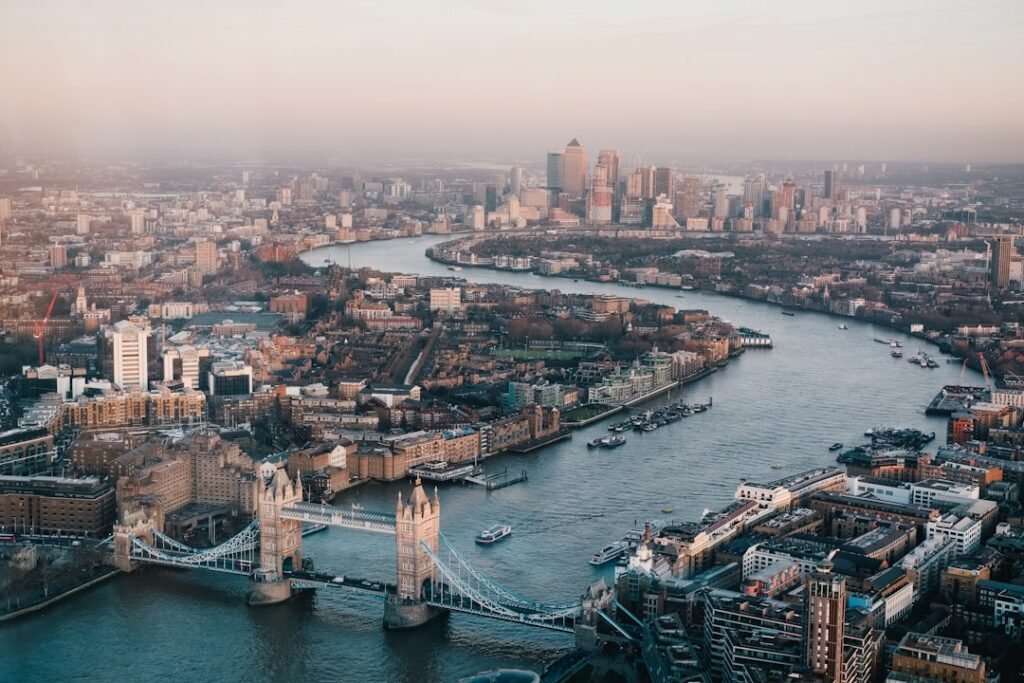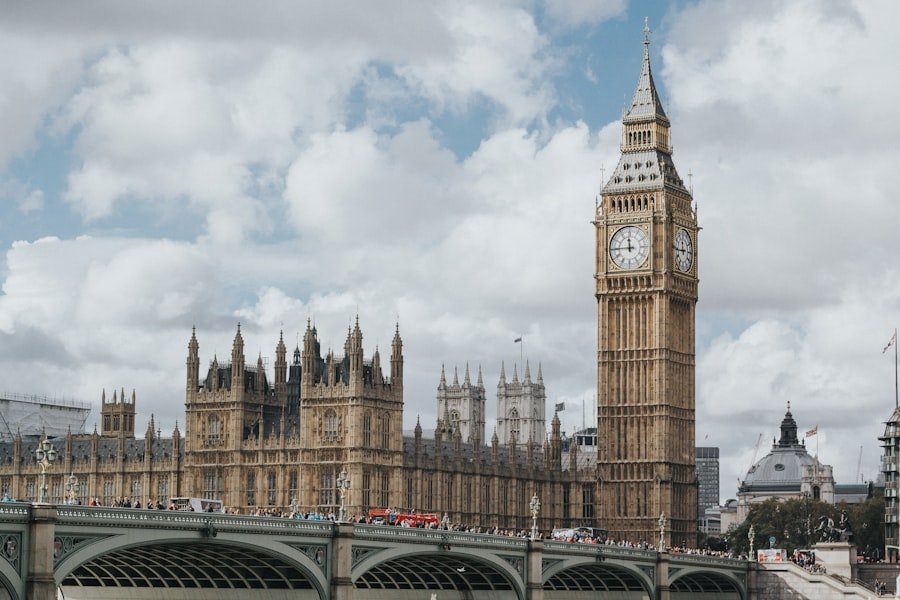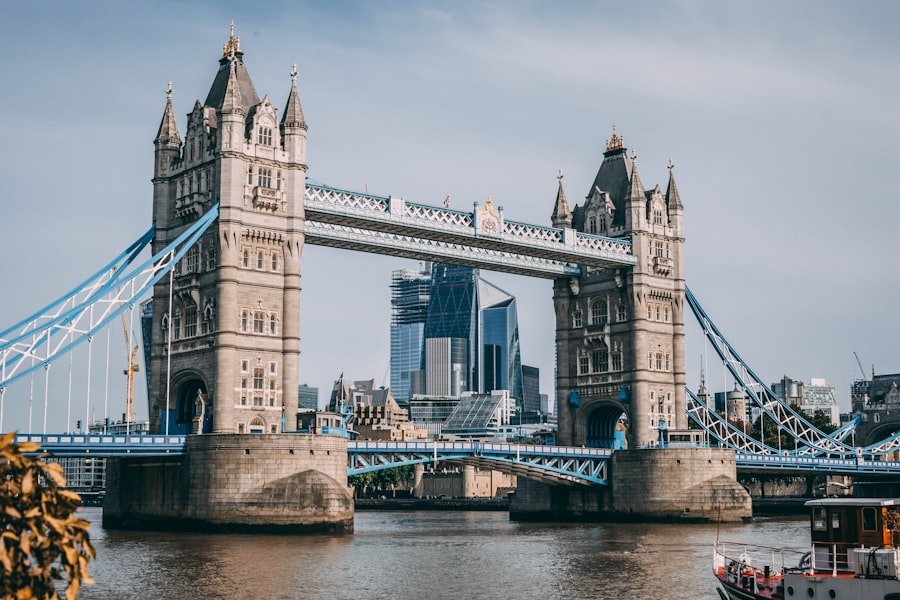

The Expat’s Guide to Oslo: What You’ll Learn in Our Conversational Course
Oslo, the capital of Norway, is a vibrant city that seamlessly blends modernity with rich history. Nestled between the fjord and the forest, it offers a unique landscape that is both urban and natural. The city is known for its stunning architecture, including the iconic Oslo Opera House and the striking Barcode Project, which showcases a series of modern buildings that redefine the skyline.
With a population of over 1.5 million in the metropolitan area, Oslo is not only the political center of Norway but also a cultural hub that attracts visitors from around the globe. As you stroll through the streets of Oslo, you will encounter a diverse mix of cultures and traditions. The city is home to numerous museums, galleries, and theaters that celebrate both Norwegian heritage and international art.
From the Viking Ship Museum to the Munch Museum, there is no shortage of opportunities to immerse yourself in the rich tapestry of Oslo’s history and contemporary culture. Whether you are a history buff, an art enthusiast, or simply looking to explore a new city, Oslo has something to offer everyone. Whether for professional growth or personal confidence, our English courses at the NLS Norwegian Language School are designed to help you succeed.
Table of Contents
ToggleKey Takeaways
- Oslo is the capital city of Norway, known for its rich history, stunning natural landscapes, and vibrant cultural scene.
- Oslo’s public transportation system is efficient and easy to navigate, with options including buses, trams, and the metro.
- Norwegian culture values equality, honesty, and punctuality, and it’s important to respect local customs such as removing shoes when entering someone’s home.
- Finding accommodation in Oslo can be competitive, but options range from modern apartments to traditional wooden houses.
- Oslo’s food scene offers a mix of traditional Norwegian cuisine and international flavors, with a focus on fresh, locally sourced ingredients.
Navigating Oslo’s Public Transportation
Getting around Oslo is made easy by its efficient public transportation system, which includes buses, trams, metro lines, and ferries. The city’s public transport network is well-integrated, allowing you to travel seamlessly from one part of the city to another. The Oslo Metro, known as T-bane, is particularly user-friendly, with multiple lines connecting key areas of interest.
Whether you are heading to the bustling city center or the serene outskirts, you can rely on the metro to get you there quickly and comfortably. In addition to the metro, Oslo boasts an extensive bus and tram network that complements the underground system. Buses and trams run frequently, making it convenient for residents and visitors alike to explore various neighborhoods.
For those who prefer a more scenic route, ferries operate across the Oslo Fjord, providing stunning views of the surrounding islands and waterfront. Purchasing an Oslo Pass can be a great way to save money on transportation while also gaining access to various attractions throughout the city.
Understanding Norwegian Culture and Customs

Norwegian culture is deeply rooted in traditions that date back centuries, yet it is also characterized by a modern sensibility that embraces innovation and progress. One of the most notable aspects of Norwegian culture is the concept of “Janteloven,” or the Law of Jante, which emphasizes humility and discourages individual boasting. This cultural norm fosters a sense of community and equality among Norwegians, making it essential for newcomers to understand and respect these values.
In addition to social customs, Norwegians have a strong connection to nature, which is reflected in their outdoor lifestyle. Activities such as hiking, skiing, and fishing are not just pastimes but integral parts of daily life. Celebrations like “Friluftsliv,” or outdoor living, highlight this connection to nature and encourage people to spend time outside regardless of the season.
Understanding these cultural nuances will help newcomers navigate social interactions more effectively and appreciate the unique lifestyle that Oslo has to offer.
Finding Accommodation in Oslo
Finding suitable accommodation in Oslo can be both exciting and challenging due to the city’s diverse housing options. From modern apartments in bustling neighborhoods to charming houses in quieter areas, there is something for everyone. Popular districts such as Grünerløkka and Frogner offer a mix of trendy cafes, shops, and parks, making them ideal for those who enjoy an urban lifestyle.
On the other hand, areas like Holmenkollen provide breathtaking views and proximity to nature for those seeking tranquility. When searching for accommodation, it is essential to consider factors such as budget, location, and amenities. Websites like Finn.no and Hybel.no are popular platforms for finding rental listings in Oslo.
Additionally, many expats find it helpful to connect with local real estate agents who can provide valuable insights into the housing market. It’s advisable to start your search early, as demand for rental properties can be high, especially during peak seasons.
Exploring Oslo’s Food and Dining Scene
Oslo’s culinary scene is as diverse as its population, offering a wide range of dining options that cater to various tastes and preferences. Traditional Norwegian cuisine features fresh seafood, game meats, and locally sourced ingredients that reflect the country’s natural bounty. Dishes such as “rakfisk” (fermented fish) and “klippfisk” (dried cod) are staples that showcase Norway’s maritime heritage.
In recent years, Oslo has also embraced international flavors, with restaurants serving everything from Thai street food to Italian fine dining. The Mathallen Food Hall in Grünerløkka is a must-visit destination for food lovers, featuring a variety of stalls offering gourmet products and delicious meals from around the world. Whether you are looking for a casual bite or an upscale dining experience, Oslo’s food scene promises to delight your palate.
Learning the Norwegian Language

While many Norwegians speak English fluently, learning Norwegian can significantly enhance your experience in Oslo. The language not only helps you communicate more effectively but also allows you to connect with locals on a deeper level. At NLS Norwegian Language School in Oslo, we offer English courses tailored to your needs—whether you prefer small group classes or one-on-one private sessions.
Our experienced instructors provide engaging lessons that can be taken in our classrooms or online. Studying Norwegian opens doors to understanding the culture more profoundly and can be particularly beneficial if you plan to work or study in Norway long-term. The language itself is melodic and relatively straightforward for English speakers due to its shared Germanic roots.
By immersing yourself in language learning at NLS, you will gain confidence in your communication skills while making new friends along the way.
Making Friends and Building a Social Network
Establishing a social network in a new city can be daunting but is essential for feeling at home in Oslo. Fortunately, Norwegians are generally friendly and welcoming people who appreciate genuine connections. Engaging in local activities such as joining clubs or attending community events can be an excellent way to meet new people who share similar interests.
Social media platforms like Facebook often have groups dedicated to expats living in Oslo where you can find information about meetups or events happening around the city. Additionally, participating in language exchange programs can help you practice your Norwegian while making friends from diverse backgrounds. Building relationships takes time, but with an open mind and willingness to engage with others, you will soon find yourself surrounded by a supportive community.
Navigating the Norwegian Healthcare System
Understanding how to navigate Norway’s healthcare system is crucial for anyone living in Oslo. The country boasts a high standard of healthcare services funded primarily through taxes. As a resident or employee in Norway, you will typically have access to public healthcare services after registering with the National Registry.
It’s important to familiarize yourself with how appointments work within the system; general practitioners (GPs) serve as your first point of contact for most health concerns. If specialized care is needed, your GP will refer you accordingly. While public healthcare is generally efficient, some may choose private healthcare options for shorter wait times or specific services not covered by public insurance.
Regardless of your choice, understanding your rights and responsibilities within the healthcare system will ensure you receive appropriate care when needed.
Understanding Norwegian Work Culture
Norwegian work culture is characterized by a strong emphasis on work-life balance and egalitarian principles. The typical workweek consists of 37.5 hours with generous vacation allowances—often five weeks per year—allowing employees ample time for personal pursuits and family life. Punctuality is highly valued in Norway; being on time for meetings or appointments demonstrates respect for others’ time.
In addition to work-life balance, collaboration and teamwork are integral components of Norwegian workplaces. Hierarchies tend to be flatter than in many other countries, encouraging open communication between employees at all levels. This collaborative spirit fosters innovation and creativity while ensuring that everyone feels valued within their roles.
Understanding these cultural nuances will help newcomers adapt more easily to their work environments.
Exploring Oslo’s Outdoor Activities and Nature
Oslo’s unique geographical location offers residents unparalleled access to outdoor activities year-round. The city’s proximity to both forests and fjords means that whether you’re interested in hiking during summer or skiing in winter, there are endless opportunities for adventure just minutes away from downtown. Popular spots like Nordmarka forest provide extensive trails for hiking and biking while also offering serene lakes perfect for swimming or picnicking.
During winter months, skiing becomes a favorite pastime among locals; ski resorts such as Tryvann offer slopes suitable for all skill levels just a short distance from the city center. Additionally, Oslo’s commitment to sustainability means that many outdoor areas are well-maintained and accessible via public transport—making it easy for everyone to enjoy nature without needing a car.
Navigating Oslo’s Legal and Administrative Processes
Moving to a new country often involves navigating various legal and administrative processes that can seem overwhelming at first glance. In Norway, it’s essential to register with the National Registry upon arrival if you plan on staying long-term; this registration grants you access to public services such as healthcare and education. Additionally, understanding visa requirements based on your nationality is crucial before making any plans for relocation or employment opportunities within Norway.
The UDI (Norwegian Directorate of Immigration) website provides comprehensive information regarding different types of visas available depending on your situation—whether you’re seeking work permits or family reunification options. In conclusion, embracing life in Oslo involves understanding its unique culture while navigating practical aspects such as transportation systems or legal requirements effectively. By immersing yourself fully into this vibrant city—whether through exploring its culinary delights or engaging with locals—you’ll find that Oslo offers an enriching experience filled with opportunities for personal growth and connection.
Register for a course at NLS in Oslo and start your journey to fluency.





